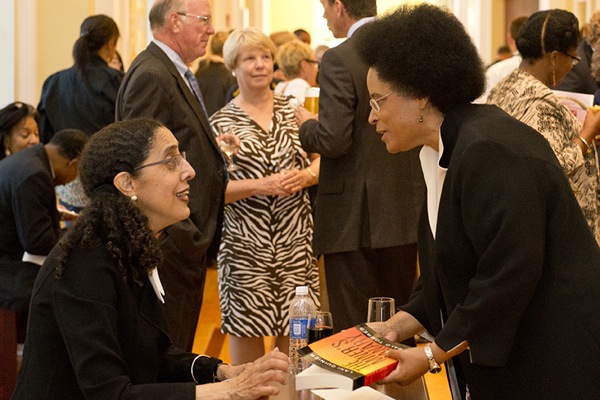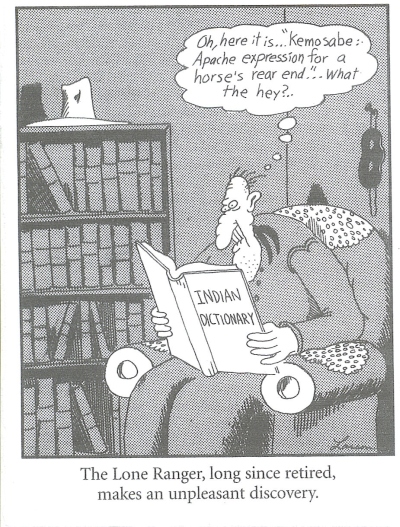
The reason I ordered Miner’s Canary: Enlisting Race, Resisting Power, Transforming Democracy by Lani Guinier and Gerald Torres is that I wanted to read more about critiquing “color blindness” in American political and social discussion.
I read the introduction this morning. Each author weighs in with a neat parallel wrong assumption from their past. Guinier describes her evolving discussion with her son about race. As a third grader, he peers over his mother shoulder as she writes describing an experience of having a book fan ask for her autograph on a picture. The fan exclaims, “I’m gonna hang this picture in my office. Ain’t nobody gonna mess with me then.” Guiner describes the woman as an “a middle-aged, very attractive black woman from Texas.”

Her son, Niko, leans over and tells her should omit the word, “black,” from the sentence.
This is the beginning of an evolving discussion they have over what it means to be “black.” Guinier makes the mistake of trying to shock her young son about what he will face in our society as a young black men. She calls him, “nigger,” is he is quite shocked. Later in seventh grade he doesn’t even remember the incident.

But he does remember a feeling of “wishing he was white” so he could have the same benefits as the privileged.

Guinier in her turn realizes that by using the “n” word she participates and extends the idea that race is a “concrete” concept and used in that way to “manipulate and oppress.”

She had forgotten that race and racial identity is relational not an inherent trait.

She puts a footnote in that I admire so much I”m quoting in full.
“So what does race mean? Law Professor Angela Harris suggests that the answer depends on several questions: Compared to what? As of when? Who is asking? In what context? For what purpose? With what interests and presuppositions? Harris concludes, ‘Questions of difference and identity are always functions of a specific interlocutionary situation and the answers, matters of strategy rather than truth.’ Any ‘essential self’ Harris tells is always an invention; the evil is in ‘denying its artificiality.'”
Whew! That is clear and excellent thinking to ponder!
Her co-author, Gerald Torres, points to a similar mistake he made as a young high school student.

He and a friend he describes as a “Chinese-American student named Steve” both have white girlfriends. They share a romance about the future of colorblindness. Non-whites should marry whites not each other in order to create a “raceless society.”
Torres also brilliantly uses his naive youthful mistake to reach excellent conclusions as a basis for the book he and Guinier have written. The “raceless society” like the idea of “colorblindness” itself ignores the complexities and richness of the human experience. Racial categories “are political, not just physical. They call for a political response.”
The metaphor in the title comes from a telling source which they both use as an introductory quote and an important footnote at the beginning of the body of the text:
“In 1953 Felix Cohen wrote: ‘Like the miner’s canary, the Indian marks the shift from fresh air to poison gas in our political atmosphere, and our treatment of the Indian … marks the rise and fall in our democratic faith.” Felix S. Cohen, “The Erosion of Indian Rights, 1950-1953: A Case Study in Bureaucracy,” Yale Law Journal 348,390 (1953)
